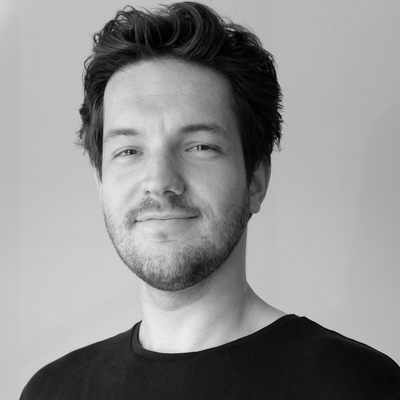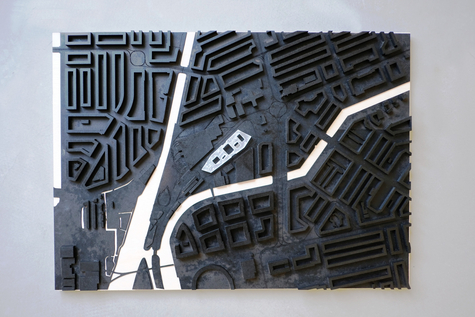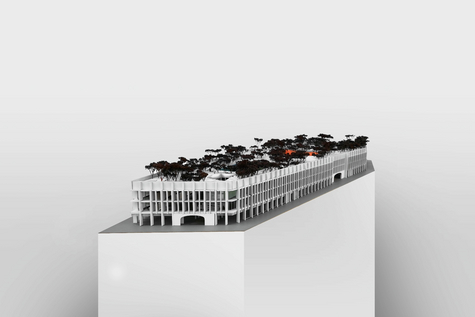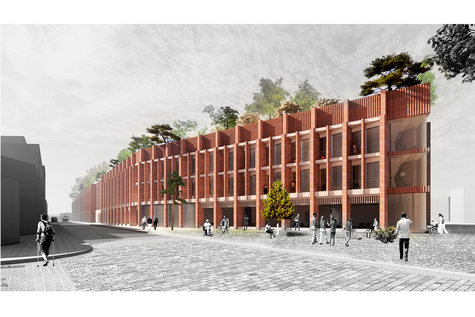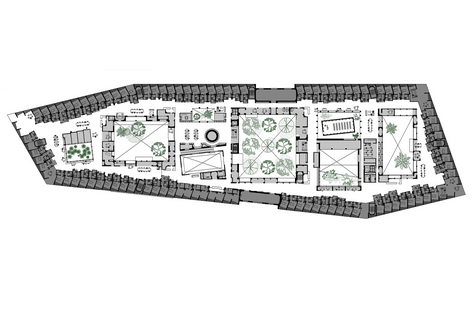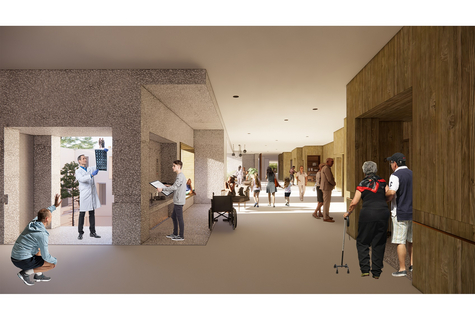Olivier Lodder
- Contact
- LinkedIn
Zorghotel California
Such a lovely place
In our current participative society, everyone is expected to actively contribute to the quality of his or her own life and his or her social environment. The consecutive introduction of market thinking into healthcare has not had the desired effect everywhere. In most cases it has led to a situation where efficiency thinking has become the norm and 'making money' the mantra. The belief that housing should be above all efficient, generates few innovative care buildings, while the major problems in care and the living environment are now manifesting themselves.
An important observation is that optimizing the health of the population involves more than just caring for patients. Indeed, it all starts with prevention and, at the same time, the pursuit of a healthy lifestyle for all residents. An interaction of duty of care of the government and duty of health of the citizen.
My project proposes a building that is fully in the service of an optimal interaction between patients and caregivers, using the ambient as part of the treatment. An alternative of care oriented to domestic logic on an industrial scale. Seemingly grotesque, yet human and delicate. A building without bias and without compromise. A necessity and an asset to urban life: Care Hotel California. A place in the city where one can recover after illness, an accident, a medical treatment or a prevention program.
Amsterdam, on the eve of a major urban densification
The current spread of large care centers in Amsterdam, is mostly concentrated along or outside the Circular Road, not designed to be part of the city; with the exception of the OLVG Oost. Rehabilitation clinics are scattered throughout the city and more than accidentally housed in (old(er)) real estate that was originally not designed for that purpose. The extreme situation with the available space in Amsterdam invite us to critically question the current care housing in the city and to come up with innovative solutions.
My eye was drawn to a unique spot. The Havenstraatterrein, a piece of the city that was never designed. The last ragged edge within the City Ring Road,, for many an obscure part of the public domain. Located at the end of the Nieuwe Meer area, it forms the transition from city to nature. This unique place deserves an upgrade for all residents.
With the current pressure on public space, densification and increasing numbers of residents, the allocation of space is first and foremost a social issue. My project attempts to return the space it occupies to the city in the most diverse way possible. As a public building, the care hotel is meant to play a role in the densification of Amsterdam as a full part of the city.
The result is a building designed from the perspective of the most vulnerable and interested user, the patient. The well-known long corridors are interrupted by clusters of rooms and shared functions with identifying materials and decorations. These room clusters, consisting of single rooms, are designed so that patients can decide how much they want to be part of the building's community.
It is a building that operates as a city within a city, with plazas, streets, gardens, and parks. From public functions to private residence spaces, the building gives meaning to what it takes to work on the journey to recovery, to improvement. In addition to providing orientation through size and materialization, the courtyards offer a variety of routes through the building. The building breaks with the traditional Amsterdam building block by making the courtyards public by means of a passageway. In this way each courtyard is given its own ambience because of the living rooms on the upper floors and the public functions in the groundfloor.
The roof garden is a presentation of height differences and trees which, in addition to providing shelter, offer the necessary challenges for treatment programs. Elevated above the hustle and bustle of the city, it is a place that prevents hospitalisation and encourages patients to work on their own rehabilitation and recovery.
Graduation date: 25 januari 2022
Graduation committee: Laurens-Jan ten Kate (mentor), Burton Hamfelt, Evelyne Merkx
Additional members for the exam: Geurt Holdijk, Elsbeth Falk
